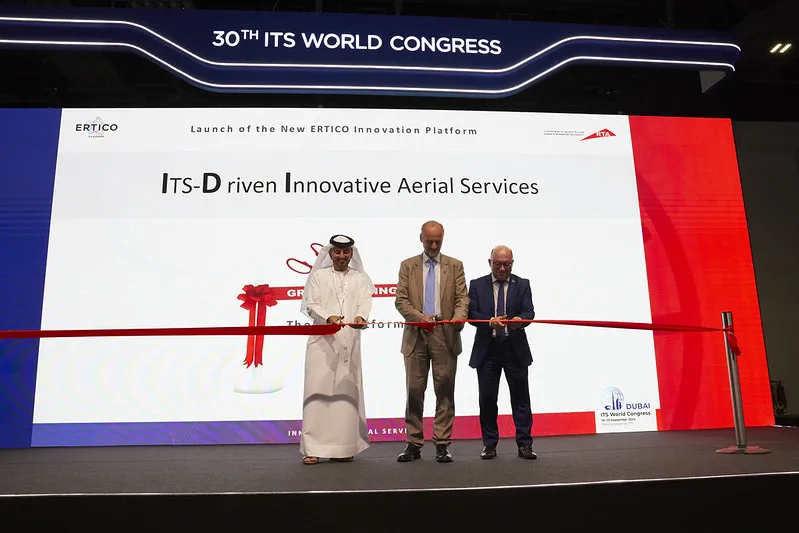
The European Commission is to begin developing and enabling a legal framework at European Union level for Mobility as a Service (MaaS), pledged European commissioner for transport and mobility Adina-Ioana Vălean.
Speaking at the 6th MaaS Summit, which was organised by the MaaS Alliance, European Commission and Finnish Ministry Transport and Communications, she said that while Covid-19 was challenging for transportaton, it is also "an opportunity to rebuild better our transport system and to make a huge
contribution to overall economic recovery".
MaaS is expected to be an important factor in the upcoming Communication on Smart and Sustainable Strategy, as well as the revision of the EU's ITS Directive, Sustainable & Smart Mobility Strategy and Urban Mobility Package.
Revisions of the TEN-T Regulation and the Alternative Fuels Directive (DAFI) could also be an enabler for MaaS deployment, delegates heard.
Finland's transport minister Timo Harakka outlined key MaaS challenges such as interoperability of payment, ticketing and procurement, as well as the importance of data accessibility and sharing.
He said that investment was needed in two main areas: in infrastructure to support sustainable modes, and in the digitalisation which enables the easy use of those modes.
At the online conference, Ertico boss Jacob Bangsgaard, who is also president of the MaaS Alliance, said that effort was needed to create the "concrete enablers of an open ecosystem".
Further work is certainly required for MaaS to flourish.
Matthew Baldwin of the EC's DG Move, said: “We, at the Commission, aim to reinforce the synergies and try to develop the framework for a stronger basis
of trust between service providers, transport operators and public transport authorities.”
Baldwin added: “All transport modes have started to embrace this disruptive change, although at a different pace. However, further work is needed on improving underlying conditions allowing the transport sector to take full advantage of the opportunities to achieve sustainable, seamless, smart mobility across the modes."








